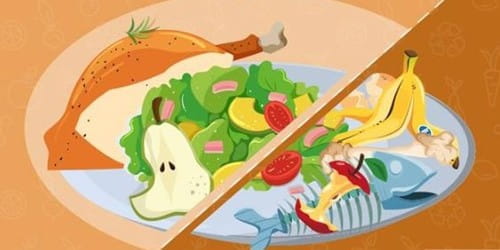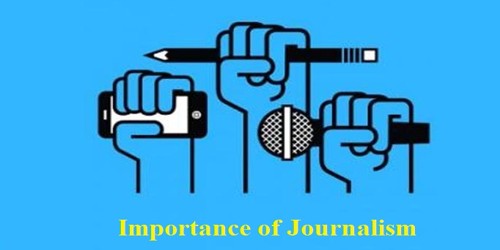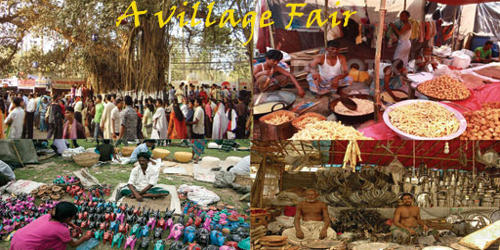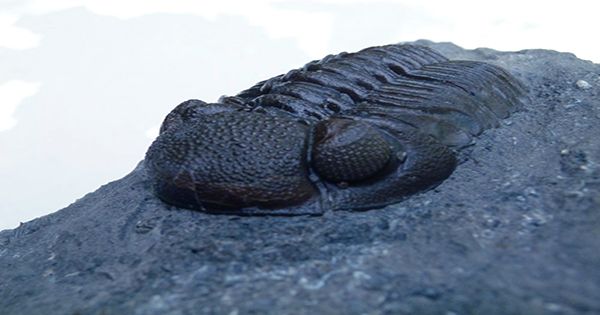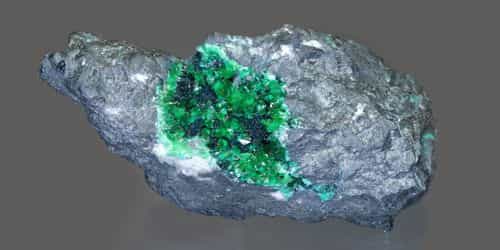According to the Food and Agriculture Organization of the United Nations (FAO), globally 1,300 million tons of food is wasted per year (of this 6% corresponds to Latin America and the Caribbean). We are lucky to live in a rich country where we have many things at our convenience. However, we tend to be wasteful. Putting a bit more thought into the way you manage your household waste can help you get more organized.
With careful planning, you’ll be able to save money and have less of an impact on the environment. Electricity is one thing we waste the most. Lights, fans, radios and other appliances are kept on even when no one is using them. I make it a point to switch them off when I do not need them. It takes less than a second to throw a switch but to some people, even this seems a difficult task. Anyhow, not wasting electricity reduces the bill appreciably. Thus we do not have to pay for the electricity we do not use.
The other wasted commodity is water. Leaky pipes and faucets plus the negligence of leaving taps running all contribute to this wastage. Freshwater is precious, so it is not to be wasted. It is only a simple matter of shutting off tap after use. I make sure I do this.
Another big wastage is food. Food waste is not a new problem, and our habits are only getting worse. My mother used to cook so much food that much of it was simply thrown away. She knows better now. I pointed out to her about how we wasted food. She realized it and now cooks only what we can eat. The garbage bin used to be filled with half-eaten cakes, fried chicken and things we thought we could eat but could not. It is not so anymore. If you decided to go to dinner at a restaurant and left some food on your plate, ask your waiter to wrap it to take home. Besides, we do not waste money on food we throw away.
We waste other things like tissue paper, clothes, soap, talcum powder, and aerosol sprays. All these cost money. In short, we waste the money we work so hard to earn. Bottles, boxes, and bags can all serve a second purpose if you know how to use them.
As with the impacts of climate change and poor eating habits, the effects of food waste are not felt immediately. It is definitely better not to be wasteful. I discover there is a simple method of not wasting things, which is – use only what we need. Do not touch what we do not need. In this way, we can stop being wasteful. There are some household items that just can’t be recycled or reused. These items have to be thrown out with the trash or disposed of at a hazardous waste facility.
Information Source:
